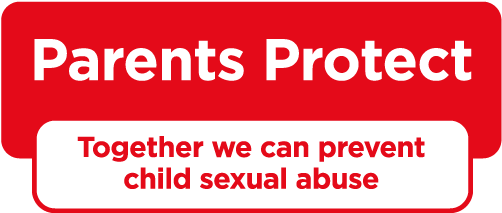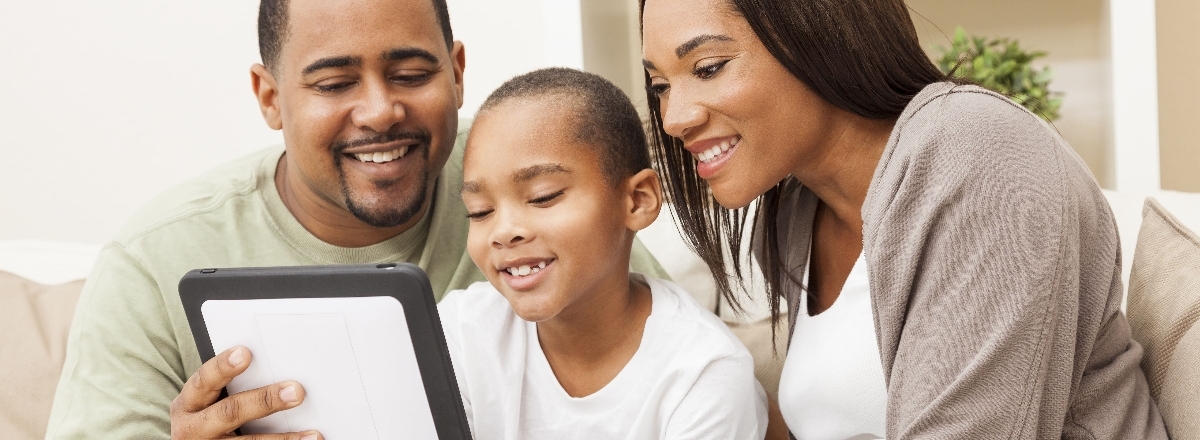UK Safer Internet Centre
This site contains advice on how to use the internet and new technologies safely and responsibly as well as a range of practical resources, news and events focussing on the safe and responsible use of the internet and new technologies.
Childnet International
A non-profit making organisation working with others to help make the Internet a great and safe place for children. You can access Jenny's Story, Becky's Story and Let's Fight It Together (the cyberbullying DVD) in addition to other online resources from this site.
Internet Matters
An internet portal which aims to direct parents and carers to credible and helpful information on how to keep children safe online.
Digizen
A site about recognising and dealing with online hazards, setting up safe profiles on social networking sites and understanding how to manage personal information.
Think U Know
Provides the latest information on the sites young people like to visit, mobiles and new technology. It's separated into different age groups: 5-7years, 8-10 and 11-16 years. There is also a 'parent/carer' and 'teacher/trainer' section. It discusses what's good; what's not so good about the internet; about online risks and what you can do about them.
That's not cool
This website has been created to help young people and their parents understand how mobile phones, instant messaging and online profiles are all digital extensions of who we are. It aims to provide young people with information the tools to help people think about what is, or is notokay in their digital relationships and the tools to resist peer pressure.
Google Family Safety Centre
Provides parents and teachers with practical tools to help them choose what content their children see online. Look out for the video tips on how to set up safe searching on Google and YouTube.
Each search engine will have its own internet safety pages. You can search for these on the home page.
Comparitech
A useful guide to help parents, carers and educationalists protect children's privacy online.
Connect Safely
A forum where parents, teens, educators and experts discuss and learn about safe blogging and social networking.
Cyberbullying
Advice for parents and carers- identifying signs of bullying and how to respond to it appropriately.
Mobile Phones, handheld devices and gaming
Vodafone Digital Parenting Guide - keeping kids safe online
Find advice on handling social media, screen time and how to use parental controls and privacy settings to keep your children safe online. Take Vodafone’s digital family pledge and help your family set some digital house rules.
Each mobile network will have its own internet safety pages.
O2
02 have partnered with the NSPCC to provide a hub which contains information about a number of issues including online bullying and a guide to what 'apps' children are using.This site is designed to help adults understand what kids really do on their mobiles and the internet. And it's also to help you talk to your kids openly about the risks, so they know how to protect themselves.
Ofcom
Information about online access on mobile devices, games consoles and portable media players.
Information on reporting inappropriate contact or illegal content
Child Exploitation and Online Protection (CEOP) Centre
The CEOP Centre is the UK's national police agency set up to tackle online child sexual abuse. If you are worried about someone's behaviour towards a child, either online or offline, you can report this on their site.
Virtual Global Taskforce (VGT)
The Virtual Global Taskforce is made up of police forces around the world working together to fight online child abuse. The aim of the VGT is to build an effective, international partnership of law enforcement agencies that helps to protect children from child abuse. The objectives of the VGT are: to make the Internet a safer place; to identify, locate and help children at risk; and to hold perpetrators appropriately to account. This site provides advice, information and support to both adults and children to protect themselves against child sexual abusers. It also provides information on how to report inappropriate or illegal activity with or towards a child online.
Internet Watch Foundation (IWF)
The IWF was established in 1996 by the internet industry to provide the UK internet Hotline for the public and IT professionals to report criminal online content in a secure and confidential way.
Technical Support
Get Netwise
There are many tools available that parents can employ to guide their children to safe and rewarding online experiences. Here are some tips for choosing the tool or tools that are right for your family. Tools include filtering software, browsers for children and software that monitors time spent online.
Sites for children
BBC - OWN IT
A site designed to teach younger children about some of the pitfalls of the internet in a fun-way; using cartoons, quizzes and games.
Cybersmile
The Cybersmile Foundation is a multi-award winning anti cyberbullying non-profit making organisation that provides expert help and advice for cyberbullying victims and their families. Founded by parents of children directly affected by cyberbullying, it provides support to those that are bullied online, and changes the behaviour of the bullies themselves, through education.
Kidscape
This charity aims to prevent bullying and child sexual abuse, by working with children and young people aged 6 to 19, concerned parents and grandparents, teachers and carers.
Childline
ChildLine is a confidential counselling service for children and young people. They can contact ChildLine about anything - no problem is too big or too small. You can phone ChildLine on 0800 1111, send them an email, have a 1-2-1 chat or send a message to Ask Sam. You can also post messages to the ChildLine message boards or text them.
Advice for parents of children with special needs
This guide has been produced by Cerebra for children with special needs.
Learning Disabilities, Autism and Internet Safety:
A Parent's Guide.
'Sexting'
Sexting in schools: advice and support around self-generated images.
What to do and how to handle it.
This guide is for schools. It offers teaching staff practical advice about what to do if sexting happens in school, highlights the steps that need to be taken and offers examples of best practice through case studies. It also gives an overview of the problem and offers an insight into the research and categorisation of sexting incidents. It outlines some activities that schools can do to highlight the issues and develop a 'whole school' approach.
International Internet Safety for Adults
Le Juste Click (French/Belgian)
Le Juste Click is an educational game developed in Belgium, aimed for teachers to use with a students aged 10 - 12.
Klicksafe Teaching modules for teachers & social workers (German)
Practical lesson materials, offering teachers practical tips for classroom work. They are accessible and do not require previous training. Developed on topics such as cyberbullying, social communities, data protection and privacy, mobile phones, sexuality and pornography, copyright.
Seguridadweb20.es (Spanish)
Guide for parents and general public about how their children are using the tools provided by Web 2.0 such as Twitter, Facebook, Habbo and Second Life.
International Internet Safety for Children
Sieciaki.pl (Polish)
Created by Nobody's Children Foundation, a partner within the Polish Safer Internet Centre, this website is for Internet users aged 6-12 containing games, quizzes and competitions aiming to promote safe use of internet and to raise awareness.
Vinz & Lou sur Internet (French)
Discover the Internet safely - a game created by the French Centre for Safer Internet Day. This is an interactive online game for children aged 7 - 12 and their parents.
On The Web (Polish)
This educational resource is aimed at 13-17 year olds and was developed by Nobody's Children Foundation and Microsoft. It contains a 25-minute video presented by a popular Polish singer Ewa Farna. The film is complemented with class scenarios of online safety.

